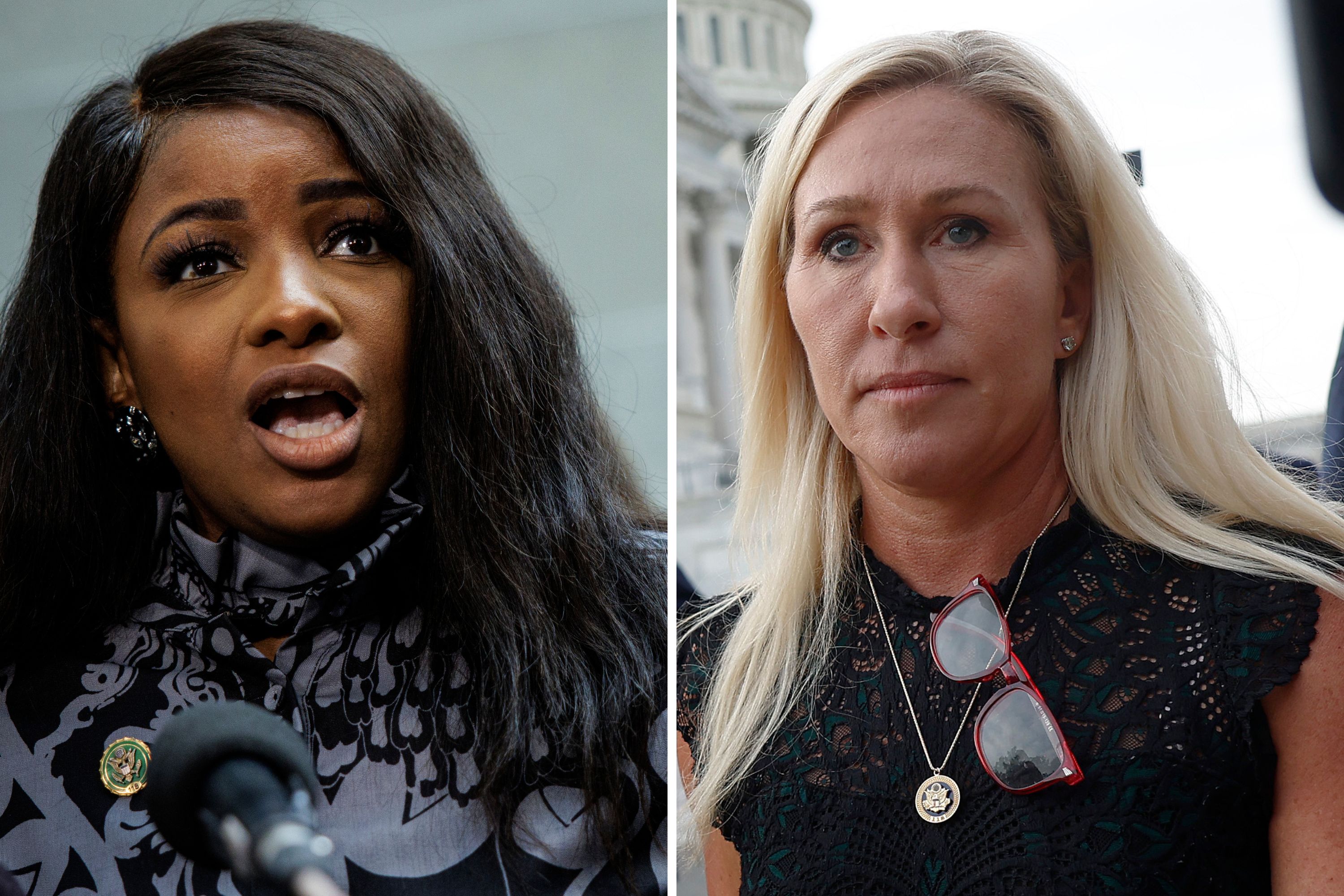
Trans Rights Debate Erupts In Congress: Crockett And Mace Clash Fiercely
The debate over transgender rights has reached new heights as Congresswoman Claudia Tenney (R-NY) introduced a bill that would ban transgender individuals from serving in the military. The bill, which has been met with strong opposition from Democrats, has reignited a fierce debate over the rights of transgender people.
The Arguments For and Against the Bill
Supporters of the bill argue that transgender individuals are not fit to serve in the military because they are more likely to experience mental health issues and have higher rates of suicide. They also argue that allowing transgender people to serve would be a distraction and would undermine unit cohesion.
Opponents of the bill argue that there is no evidence to support the claims that transgender people are more likely to experience mental health issues or have higher rates of suicide. They also argue that allowing transgender people to serve would not be a distraction and would not undermine unit cohesion. In fact, they say, transgender people have served in the military for years without any problems.
The Broader Implications of the Debate
The debate over transgender rights in the military is part of a larger debate about the rights of transgender people in society. In recent years, transgender people have made significant progress in terms of gaining legal rights and protections. However, they still face discrimination in many areas of life, including employment, housing, and healthcare. The debate over transgender rights in the military is a reflection of the broader challenges that transgender people face in society.
The Way Forward
The debate over transgender rights is a complex and challenging one. There are no easy answers, and it is likely to continue for many years to come. However, it is important to have a respectful and open dialogue about this issue. We need to listen to the experiences of transgender people and understand their perspectives. We also need to be willing to challenge our own assumptions and prejudices. Only then can we hope to find a way forward that is fair and just for all.
Evidence and Examples
There is no clear consensus on the issue of transgender rights in the military. A 2016 study by the RAND Corporation found that there is no evidence to support the claims that transgender people are more likely to experience mental health issues or have higher rates of suicide. However, a 2018 study by the Williams Institute at UCLA found that transgender people are more likely to experience discrimination and violence than cisgender people.
There are also a number of real-life examples of transgender people who have served in the military with distinction. In 2015, Chelsea Manning, a transgender woman, was released from prison after serving seven years for leaking classified information to WikiLeaks. Manning has since become a vocal advocate for transgender rights. In 2017, Kristin Beck, a transgender woman, became the first openly transgender person to graduate from the U.S. Naval Academy. Beck is now a Lieutenant Commander in the U.S. Navy.
Conclusion
The debate over transgender rights is a complex and challenging one. There are no easy answers, and it is likely to continue for many years to come. However, it is important to have a respectful and open dialogue about this issue. We need to listen to the experiences of transgender people and understand their perspectives. We also need to be willing to challenge our own assumptions and prejudices. Only then can we hope to find a way forward that is fair and just for all.
